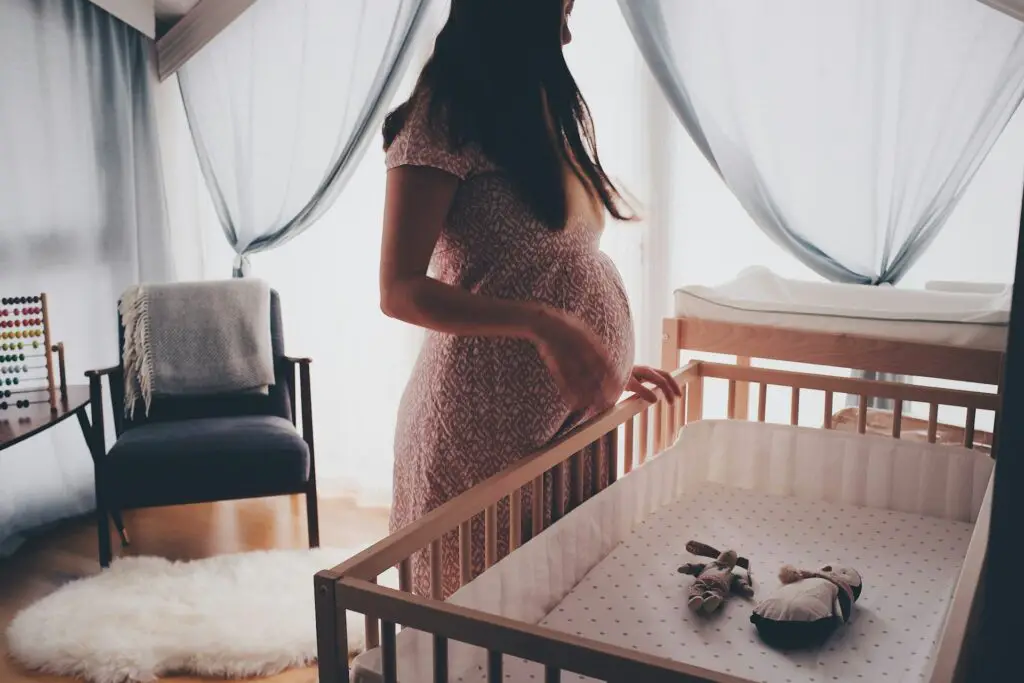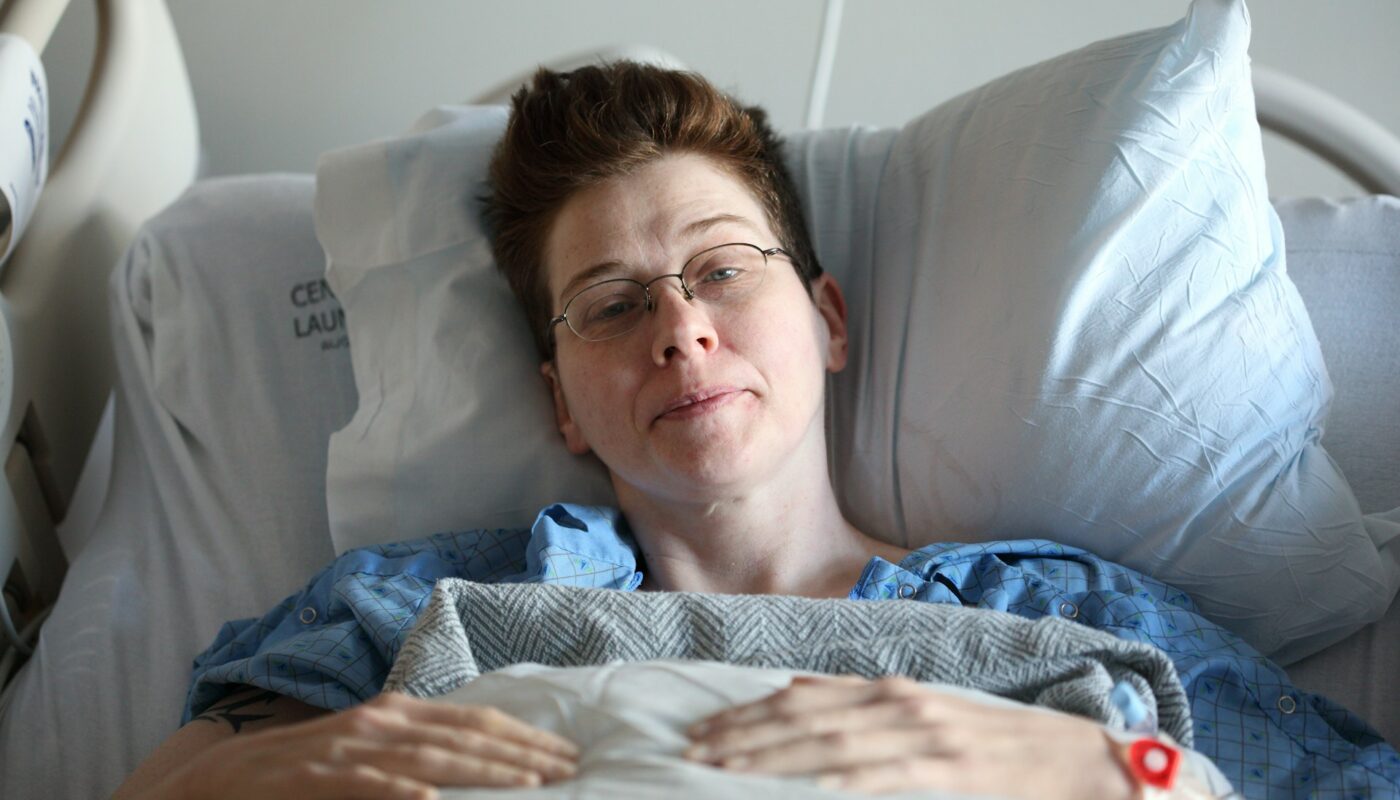Contaminated waters can harm much more than one can imagine. The toxic waters at Camp Lejeune are a testimony to that. From kidney cancer to breast cancer and leukemia, the health hazards are many. However, it is essential to note that Camp Lejeune women have suffered immensely because of this polluted water consumption.
Pregnant While At Camp Lejeune

Pregnant women who stayed at Camp Lejeune between the years 1953 and 1987 used the region’s water for bathing, drinking, cooking, and washing dishes. Little did they know that this would harm their babies with childhood cancers, permanent health conditions, and birth defects. Many women also suffered from stillbirths or miscarriages.
For decades, these women didn’t have any option to seek justice or legal compensation. However, with the Camp Lejeune Justice Act, they can file their claims by August 10th, 2024. This article will focus on the health issues faced by women at the base because of the polluted waters.
Did the Toxic Waters at Camp Lejeune Harm Women?
The answer is yes. Going by the anecdotal accounts and news reports, the dirty water at the Marine Corps base made unborn babies suffer from various health conditions. The ATSDR (Agency for Toxic Substances and Disease Registry) conducted a study by surveying about 13,000 parents of infants born in this region between the years 1968 and 1985.
The outcome stated Camp Lejeune women who consumed the toxic waters during the earlier part of their pregnancy faced an increased risk of birth defects in their babies. The chance of developing NTDs (neural tube defects) such as anencephaly was high. This occurs when certain parts of the skull and brain go missing. That aside, there was also the risk of developing non-Hodgkin’s lymphoma, childhood leukemia, and cancer.
The story of Master Sgt. J.M. Ensminger affirms these findings and assumptions. He served in the Marine Corps for close to 25 years, not realizing that his tenure would affect his wife’s pregnancy. He shared that his wife consumed the polluted water at the base, which was the source of all problems.
One of his four kids, Janey, died because of leukemia at the age of 9. This happened despite them having no family history of cancer. Considering North Carolina’s obscure law, his problem wasn’t acknowledged by the U.S. government and there was no hope for Camp Lejeune water settlements.
However, the CLJA proved beneficial for many veterans like him, whose wives had pregnancy complications, resulting in the death of an offspring.
Reasons for Health Issues in Women at Camp Lejeune

According to research, women living in this region during the contamination period suffered from female infertility and its complications, along with miscarriages. The CDC had identified two main on-base water wells to be the primary source of contamination.
The water in these wells comprised several chemicals, including:
- Vinyl chloride
- Trichloroethylene (TCE)
- Trans-1
- Perchloroethylene (PCE)
- Benzene
- Dichloroethylene (DCE)
Owing to the negligent disposal processes, the harmful substances got leaked inside the water supply, which exposed women to issues like miscarriages and female infertility.
Simply put, miscarriages indicate the spontaneous loss of a fetus before the 20th week of pregnancy. On the other hand, female infertility indicates the inability of a woman to conceive a baby despite engaging in regular, unprotected intercourse.
Both these health conditions can be affected by multiple factors, such as:
- Structural anomalies
- Environmental toxins
- Genetic factors
- Hormonal imbalances
Additionally, exposure to harmful chemicals, especially the ones found in Camp Lejeune water, can disturb a woman’s hormonal balance. It can further affect their reproductive system, adversely increasing the scope of infertility and miscarriage. Women must keep an eye on the symptoms of both health conditions.
The symptoms of infertility are:
- No or irregular periods
- Painful periods
- Hormonal fluctuations
The symptoms of miscarriage are:
- Bleeding or spotting
- Cramps in the lower abdomen
- Tissue discharge from the vagina
- No fetal movement
Once women notice these signs, they must get a medical diagnosis. If the medical reports establish the polluted water at Camp Lejeune as its cause, they should seek legal assistance to receive fair compensation.
How to Take Legal Help?
Women might feel that they can navigate the legal landscape alone by filing a lawsuit all by themselves. That is far from the truth, and there is a need for expert guidance.
Hence, TorHoerman Law states women must get in touch with an expert lawyer who will decide their eligibility to file a lawsuit and thereby help them build a solid case. The lawyer can make use of vital evidence, such as testimonials and medical data, to ensure that the verdict is in their favor. Women must follow what their lawyers ask them to do. That way, they can refrain from any actions that might cancel out their chances of receiving the compensation.
Final Thoughts About Camp Lejeune Women
In conclusion, it is evident that women who have resided at Marine Corps base Camp Lejeune during the water contamination phase have suffered immensely. From miscarriages to infertility, the problems have caused them much pain and suffering and it is necessary to speak about it. By filing a lawsuit with the help of a lawyer, women not only work towards getting their compensation but also spreading awareness about the issue.



